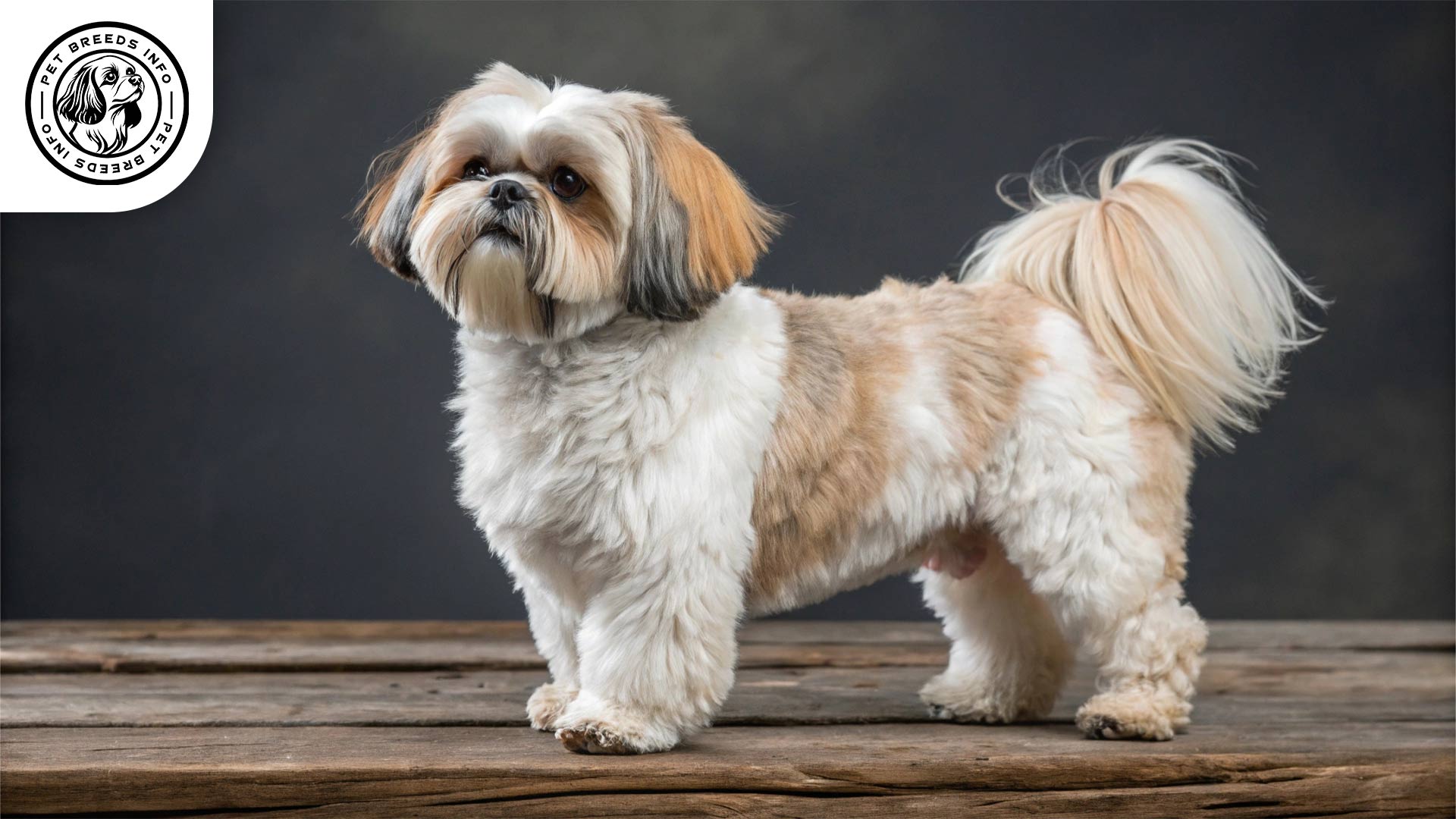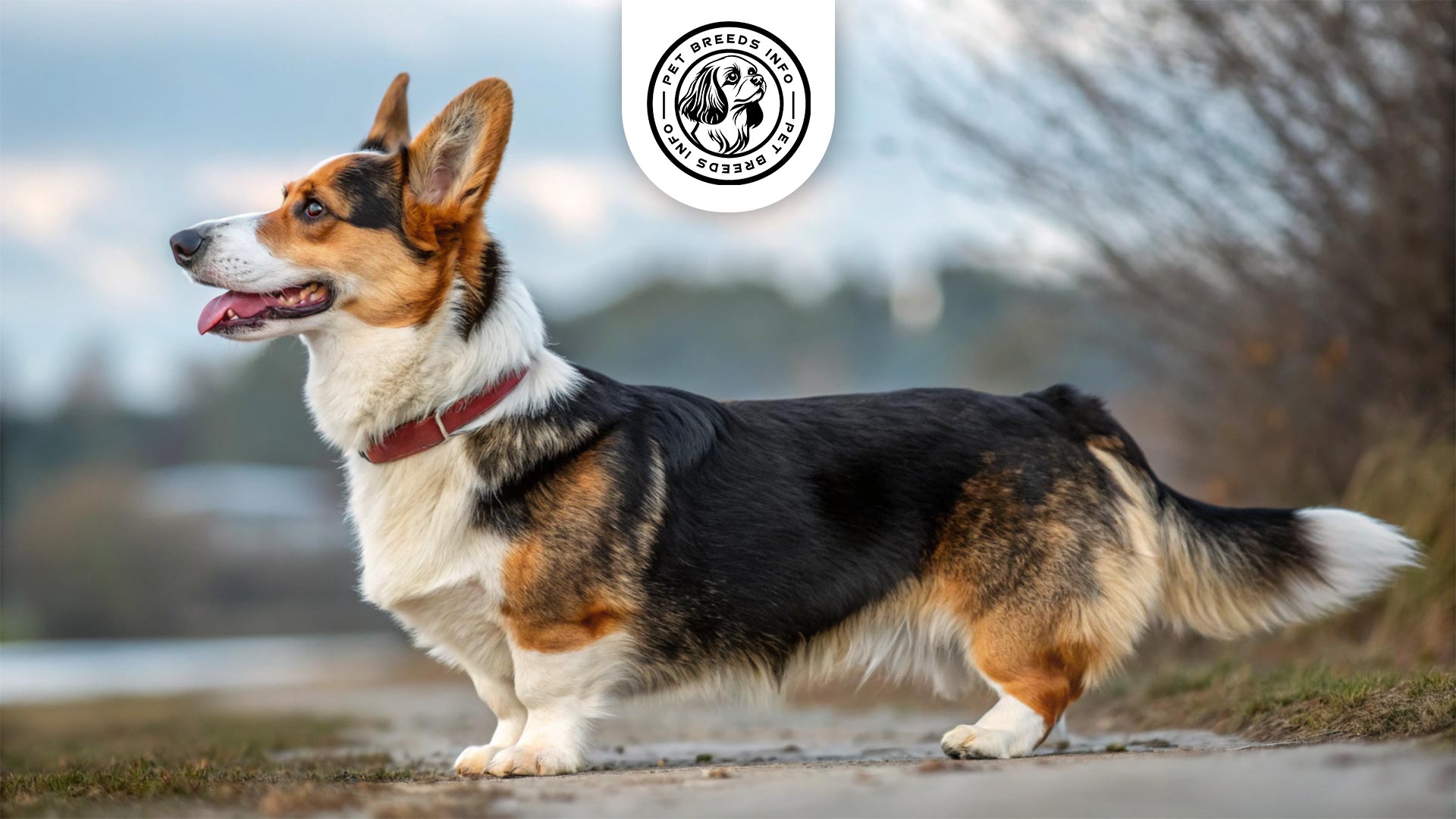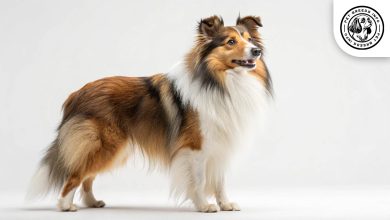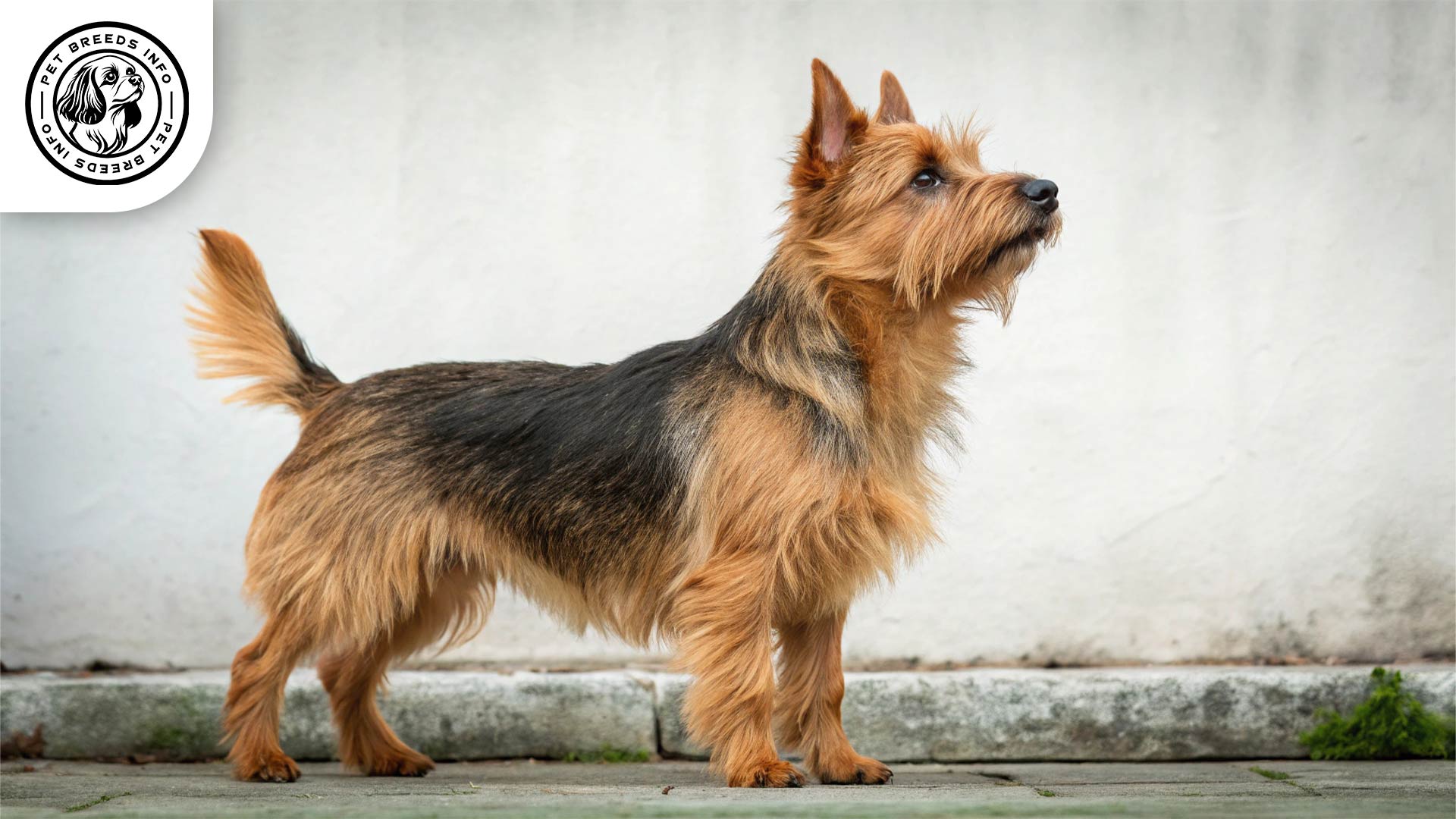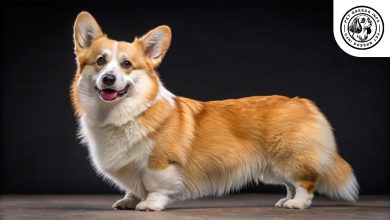Shih Tzu Dog Breed: Size, Health, Price & Personality
General Introduction of the Breed
The Shih Tzu, also known as the “Lion Dog” in Mandarin (獅子狗), is a small yet affectionate toy breed originally from Tibet and later refined in China. The breed was cherished by Chinese royalty for centuries and was bred as a companion dog rather than a working animal. Historically, Shih Tzus were palace pets for the Ming and Qing dynasties, recognized for their elegant appearance and loving nature.
Table of Contents
| Weight | 9-16 lbs |
| Lifespan | 10-16 yrs |
| Diet | High-quality kibble, wet food, or raw food |
| Care | Frequent brushing, regular grooming |
| Health | Brachycephalic airway syndrome, hip dysplasia, patellar luxation, eye issues |
| Color | Gold, white, black, brindle, blue, liver, combinations |
| Nature | Affectionate, friendly, playful |
| Price | $500-$3,000 |
Physical Characteristics
The Shih Tzu is a small and sturdy dog with a compact body. Males and females stand between 9 to 10.5 inches (23 to 27 cm) tall and weigh between 9 to 16 pounds (4 to 7.2 kg). The breed has a long, flowing double coat available in various colors, including gold, white, black, brindle, blue, liver, and combinations of these. Their large, round eyes are dark-colored and expressive. Their ears are droopy and heavily coated with fur, while their tails are carried high over their back with a plume-like appearance. Shih Tzus are also recognized for their short noses and adorable flat faces.
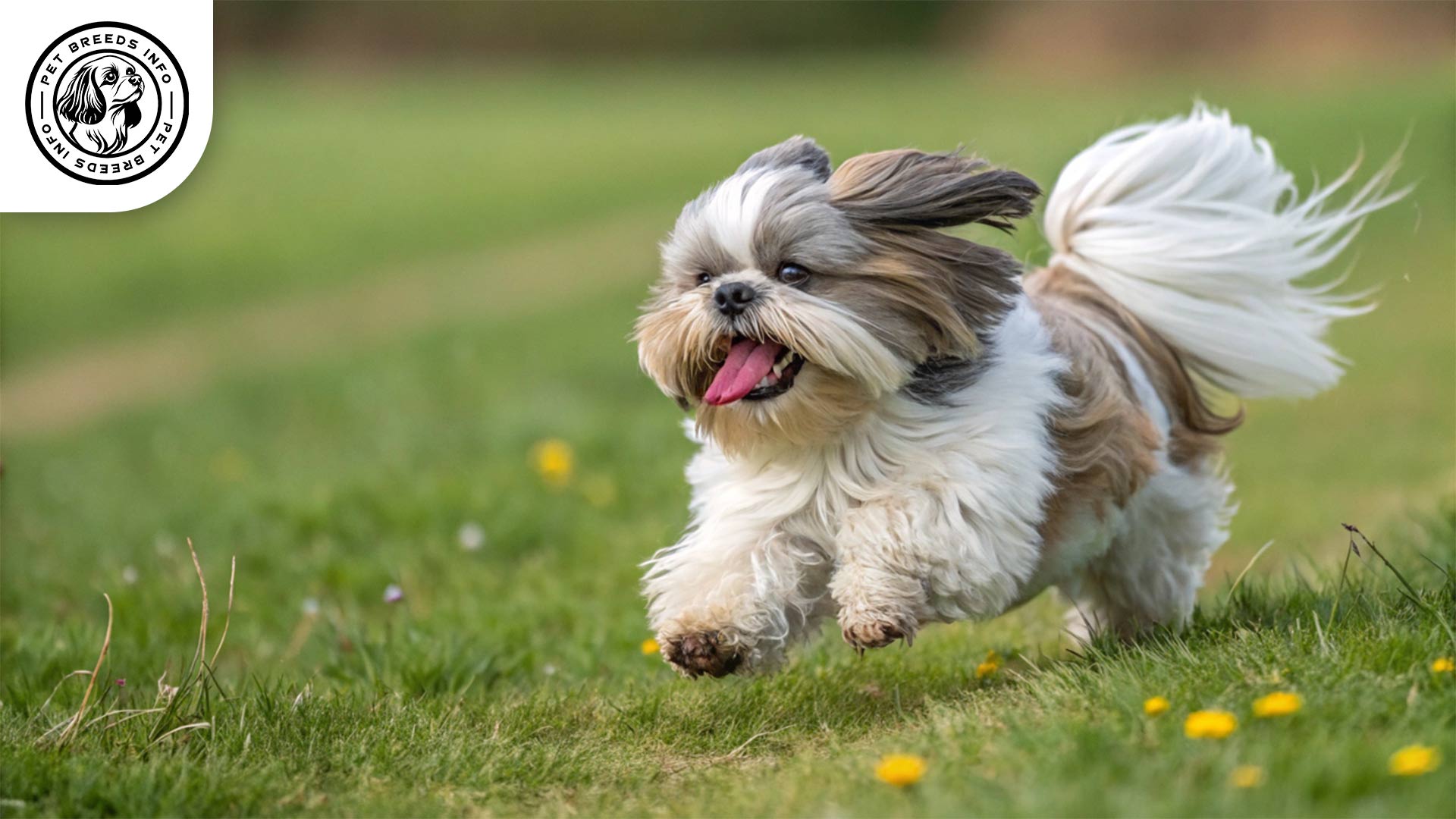
Personality and Temperament
Shih Tzus are intelligent dogs, though they can have an independent streak, making training slightly challenging at times. They have a moderate energy level and usually adapt to their owners’ lifestyles. These dogs form strong bonds with their families and love attention. They are friendly and social, making them excellent companions for families, singles, and seniors alike. Shih Tzus tend to be playful but do not have strong hunting instincts. They can be sensitive to environmental changes and thrive in a stable, loving household.
Care and Maintenance Requirements
Shih Tzus require moderate daily exercise, such as short walks or indoor play sessions. They are well-suited to apartment living but also enjoy homes with small yards. Due to their long coats, Shih Tzus need frequent brushing (at least once a day) to prevent tangles and mats. Regular grooming, including hair trims, is necessary to maintain their coat. They are sensitive to heat and should be kept in a cool environment during hot weather. Hygiene care includes routine bathing, nail trimming, ear cleaning, and dental hygiene to prevent infections and health issues.
Read More: Shetland Sheepdog
Diet and Nutrition
Shih Tzus thrive on high-quality dog food, whether dry kibble, wet food, or a balanced raw diet. Foods rich in protein and healthy fats are ideal for maintaining their coat and overall health. Owners should avoid feeding them chocolate, grapes, onions, avocados, and foods high in salt or sugar. Portion control is essential to avoid obesity, with most adult Shih Tzus requiring around 1/2 to 1 cup of food daily, split into two meals.
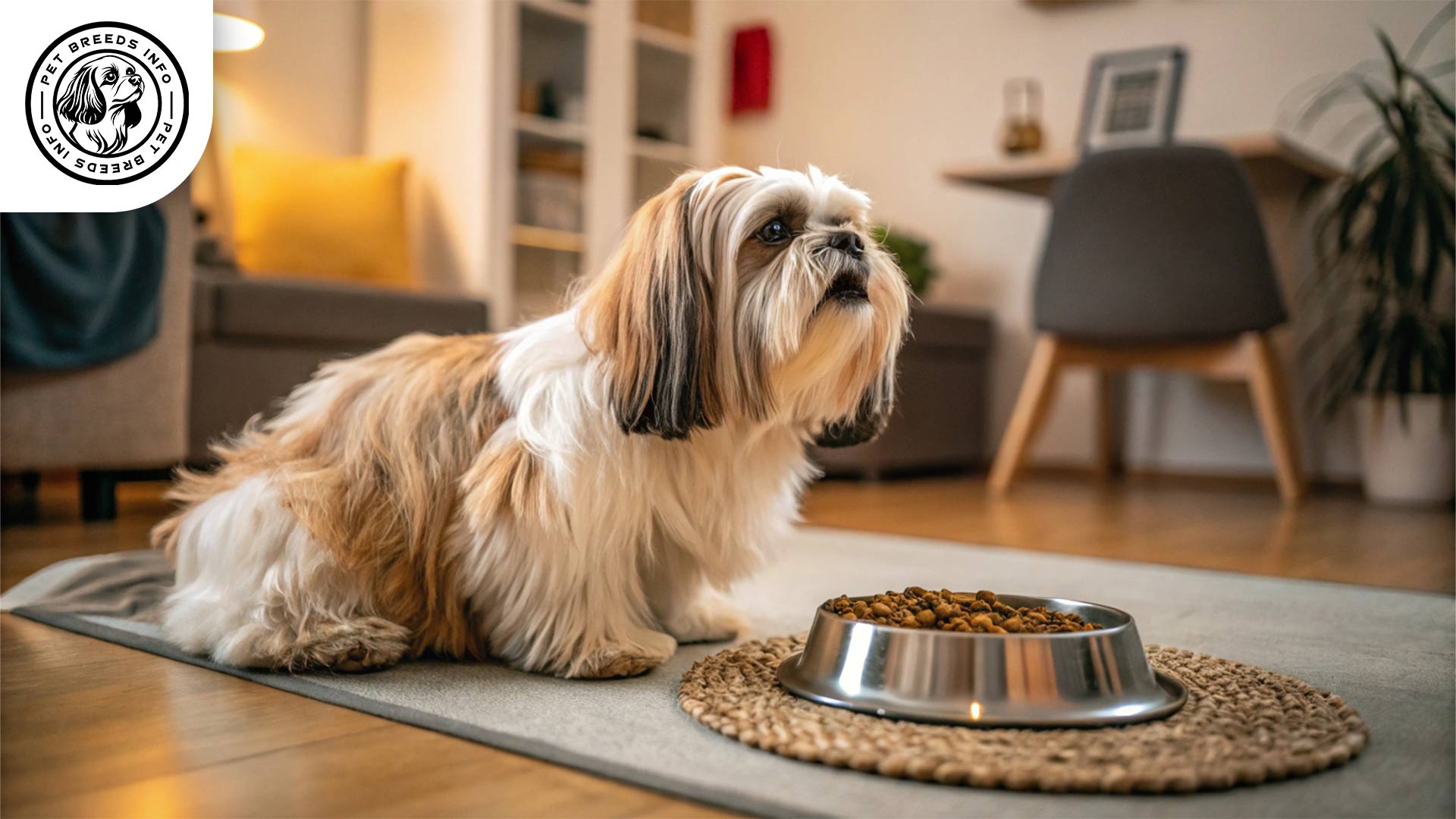
Health and Common Medical Issues
Shih Tzus are prone to certain genetic health conditions, including brachycephalic airway syndrome, hip dysplasia, patellar luxation, and intervertebral disc disease. They are also susceptible to eye issues like corneal ulcers and progressive retinal atrophy. With proper care, their lifespan typically ranges from 10 to 16 years. Regular veterinary checkups, vaccinations, and parasite prevention treatments are essential to maintaining their health.
Training and Behavior Management
Shih Tzus can be a bit stubborn during training, so patience and consistency are key. Positive reinforcement methods, such as treats and praise, work best. Early socialization is essential to prevent excessive barking or timid behavior. House training may take some time, so crate training and consistent schedules can help. Firm but gentle training techniques ensure the best results.
Read More: Shiba Inu Dog
Interaction with Other Animals and Humans
Shih Tzus generally get along well with children and other pets when properly socialized. They enjoy human companionship and prefer not to be left alone for long periods. They are affectionate towards their families, making them excellent pets for individuals or families seeking a loving companion. While they are not highly independent dogs, they do appreciate some quiet time after playtime.
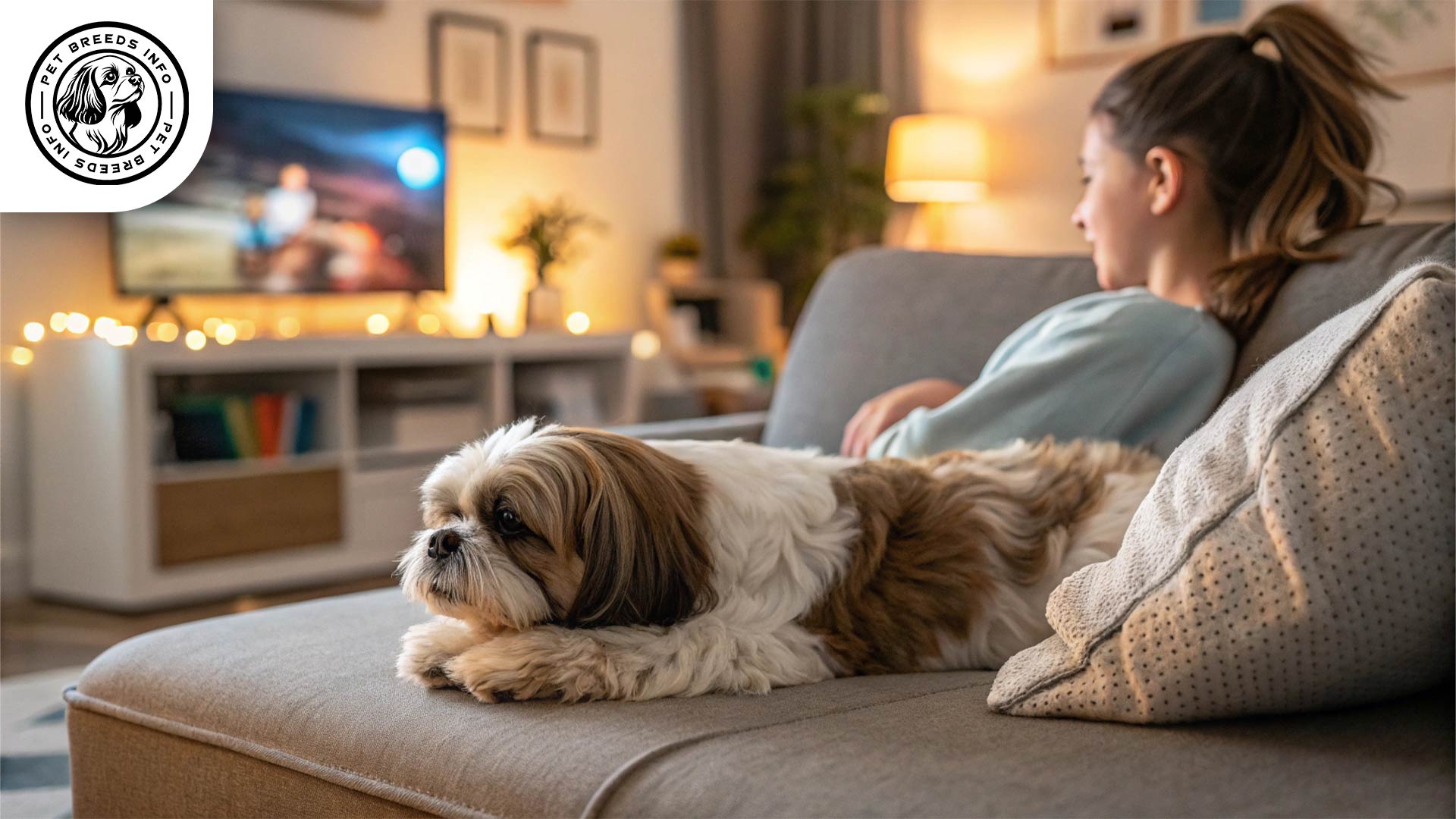
Price and Availability
The cost of purchasing a Shih Tzu varies depending on the breeder and pedigree, ranging from $500 to $3,000. Adoption from shelters or rescue groups is also an option, often costing between $100 to $500. When acquiring a Shih Tzu, it is crucial to choose a reputable breeder who conducts health screenings and prioritizes ethical breeding practices.
Conclusion and Final Thoughts
The Shih Tzu is a charming, affectionate breed that thrives in loving homes. They are adaptable to many living environments, making them ideal for apartments and homes alike. Owners should be prepared for regular grooming and moderate exercise needs. If properly cared for, a Shih Tzu can be a loving and loyal companion for many years. Those considering this breed should ensure they have the time and commitment for proper training, care, and companionship.
Read More: Sealyham Terrier Dog
FAQ
Are Shih Tzus good family pets?
Yes, they are affectionate and social, making them great companions for families, singles, and seniors.
How much grooming does a Shih Tzu need?
Shih Tzus require daily brushing to prevent tangles and mats, along with regular grooming and occasional hair trims.
Are Shih Tzus easy to train?
They can be a bit stubborn, but with patience and consistency, they respond well to positive reinforcement training methods.
Do Shih Tzus get along with other pets?
Yes, when properly socialized, Shih Tzus typically get along well with other pets and children.
